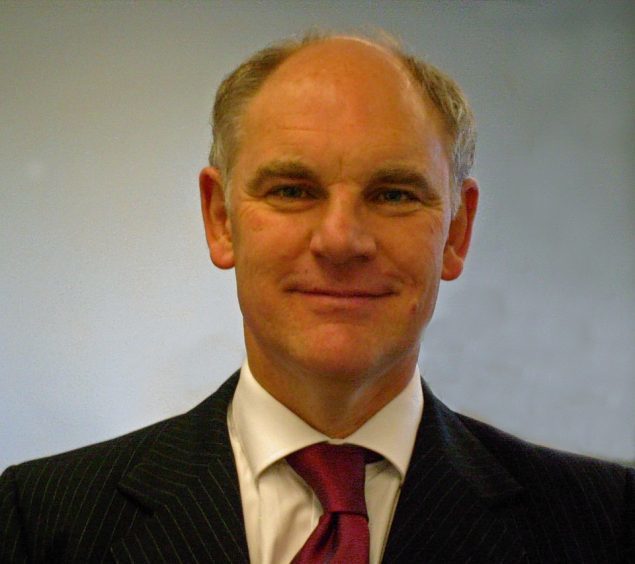Business confidence is plummeting and firms need answers, says David Richardson.
The tumultuous events of the past 11 days have gripped the country, with the Elizabethan age drawing to a sudden close and ushering in the time of King Charles III.
However sad, emotional, enthralling and thought-provoking it all is, the minds of many business owners in the Highlands and Islands are preoccupied with events closer to home – their bottom lines.
With skyrocketing energy and other costs, interest rates expected to rise still higher, debts like Bounce Back Loans to be repaid, serious shortages of key staff and some materials and increasingly shaky consumer demand, it’s no wonder business confidence is plummeting.
Businesses in the Highlands and Islands have a reputation for being particularly resilient and nimble on their feet, rising to meet new challenges head on.
But as both the Federation of Small Businesses (FSB) and media commentators continually point out, the UK as a whole is in a desperate situation. These are exceptional times and businesses need help.
Nothing new should be introduced that risks making a very bad situation even worse.”
And while the prime minister’s recent announcement of a price cap on energy for businesses as well as domestic users is extremely welcome, we need to know what it means in practice before we can properly evaluate it.
Whatever the case, help shouldn’t stop there. If the small businesses that sustain our communities are to survive to thrive once more, the government must intervene on a number of fronts.
This includes making sure firms are not left teetering on cliff edges once the six-month price cap expires, reversing the forthcoming hike in National Insurance contributions, and reducing fuel duty and VAT, especially on non-domestic energy.
We also expect Highland Council to use the almost £3 million Covid business support grant underspend currently sitting in its coffers to support small, local businesses through the winter.
Finally, in this time of danger for local businesses, economies and communities, nothing new should be introduced that risks making a very bad situation even worse.
This explains why FSB is calling for Highland Council to freeze fees and charges on areas such as waste, licensing and planning, and also rents on its commercial properties for at least two years.
High stakes
Very importantly, we argue the introduction of controversial and costly innovations like short-term let licences, the Deposit Return Scheme and the Local Visitor Levy (Tourist Tax) should be put on hold until the economy stabilises.
Why, when the stakes are so high, gamble on the survival of businesses or the jobs they provide?
David Richardson is the Highlands and Islands development manager at the Federation of Small Businesses.



Conversation